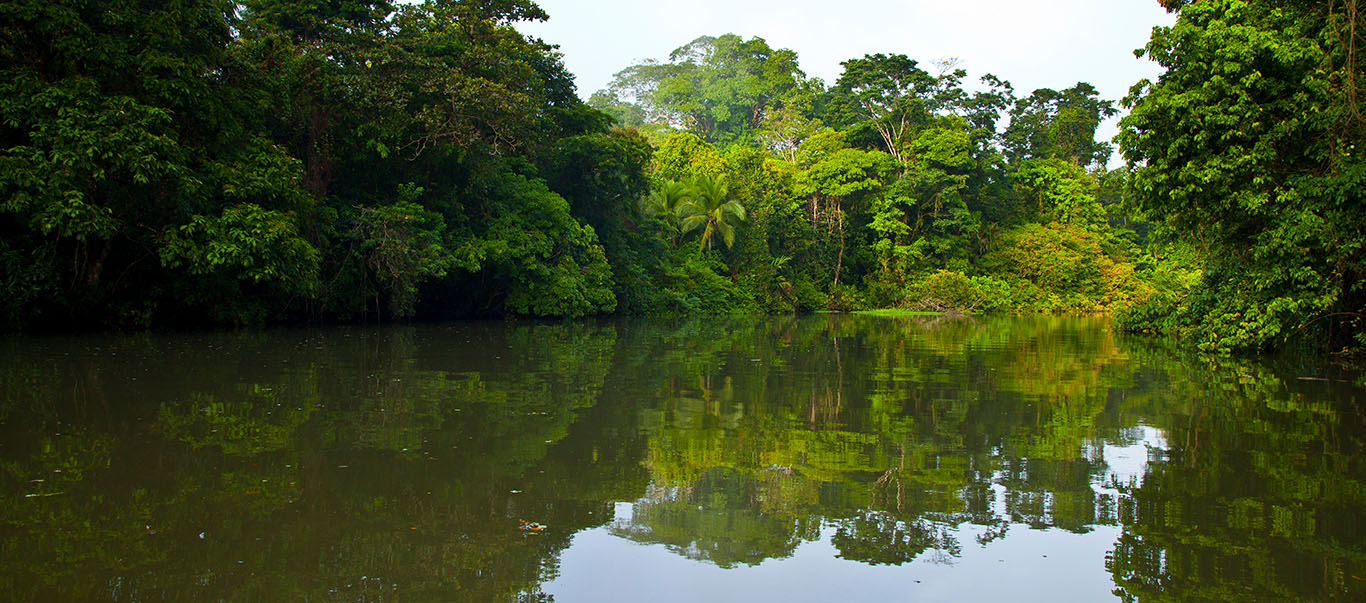For Aaron Sens, the Foundations of Biodiversity Conservation and Management graduate certificate has offered him a low-risk opportunity to fulfill a “passion project” while working full-time.
Aaron earned bachelor’s degrees in mathematics and economics from UW-Parkside. He thought about entering a graduate program in natural resources management but pursued a career as an actuary, where he’s been working for more than 25 years.
“I’ve been a pension actuary, Fellow of the Society of Actuaries for close to 20 years, mostly working behind the scenes,” Aaron says. “I don’t do a lot of the client-facing consulting, but I do a lot of prep work for the people who are in the client-facing role.”
When he first entered the certificate program, his stepmom reminded him of how he always wanted to work outside.
“It just feels like going on 30 years is about long enough in one field of practice. I’ve always kind of wanted to do something for the last stage of my career that I feel is a little more perhaps helpful to society. I can’t complain about the career I’ve had so far. Paid the bills and put my kids through school. And I work with a lot of great people. But [I enrolled in the certificate program because of] a desire for something a little more meaningful in the long run.”
The intersection of Aaron’s interests in the environment and his affinity for numbers has helped him in the certificate program so far.
“This semester has been more focused on quantitative stuff, more statistics, coding, and R,” he says. “We had a group work project that we did a few weeks ago and I have a leg up on the numbers. Having a bachelor’s degree in math and then having gone through all the actuarial exam process, the numbers have come pretty naturally. When you get right down to it, statistics are statistics. You interpret them one way or another, but you know how to figure them out.”
Aaron is grateful he can complete the program remotely, especially because he works full-time in his actuarial role and driving to a campus to take courses would be difficult.
“I’m an early riser, so I just carry that over into the weekends. I do a lot of work early in the morning on the weekends,” he says.
As someone who completed his bachelor’s degree in a more traditional format, Aaron has also had to adjust his learning style.
“The last time I was in a classroom, there was a professor right in front of me talking to me, and it was at a certain time of day,” he says. “[Learning online] hasn’t been necessarily too challenging, but it’s just been entirely different from what I was used to the last time around. But the last time around was so many years ago that I probably romanticized that to some degree and might not like that as much anymore anyway.”
Aaron’s pursuit of the Foundations of Biodiversity Conservation Management certificate, which consists of three courses, has given him the clarity he needs to continue taking courses in the program. He has applied for and was accepted to the Master of Science in Biodiversity Conservation and Management, but has not committed to completing the degree yet.
The master’s degree consists of three stackable certificates that students can complete along with a capstone project. Otherwise, students may complete certificates individually.
“I’m definitely interested in the subject matter,” he says. “The Foundations certificate was low risk. It’s three courses, and it has given me a good flavor for the different areas within that master’s program. If they had not had the certificates available, I don’t know if I would have applied right away to the master’s program. So maybe, in that regard, having that option made it more attractive.”
“Having that availability of the certificates is good because I think that it would be hard for me to say to somebody, ‘Just dive into a master’s program and then if you don’t like it, gosh, you quit.’ That doesn’t feel great.”
Learn more about our 100% online degree and certificate programs.![]()
Get Program Guide
Aaron’s pursuit of the Foundations certificate is a self-described “passion project,” and one that he is financing himself.
“Honestly, even if I went all the way through and got the full master’s degree and for some reason ended up not really using it in a job setting, I don’t think I’d be any worse off,” he says, “I mean, there’s a benefit to learning something different that I can’t complain about. I’m fortunate to be in a position where we have the financial ability for this. If I finished this and didn’t want to do anything with it, I wouldn’t have to.”
However, he hopes his graduate education will lead to a new career, though it would likely be one in an office–perhaps at a nonprofit or environmentally-focused organization.
“I feel like that’s kind of where I would fit into more of a leadership role. ”
Are you interested in pursuing a certificate in the Biodiversity Conservation and Management program? You can choose your own learning path by completing individual certificates, or three stackable credentials plus a capstone project to earn the master’s degree.
Contact an enrollment adviser today to learn more about which path is right for you.









